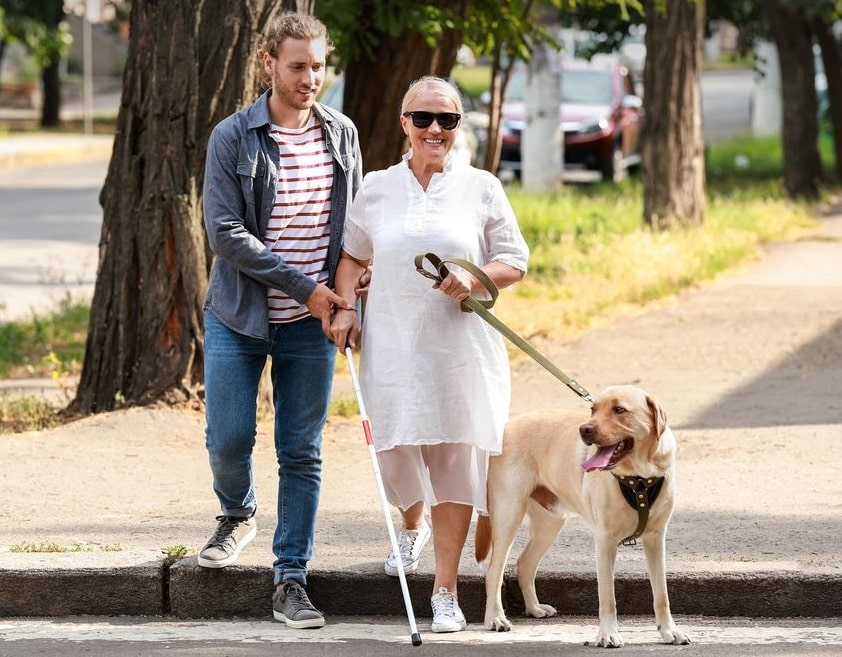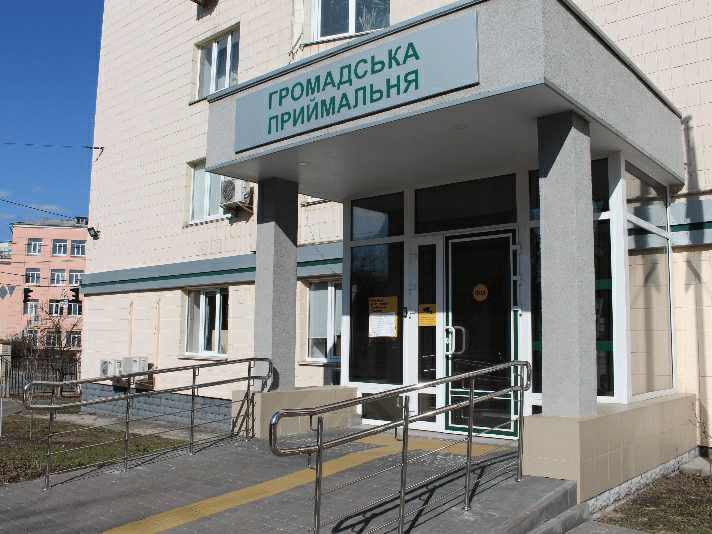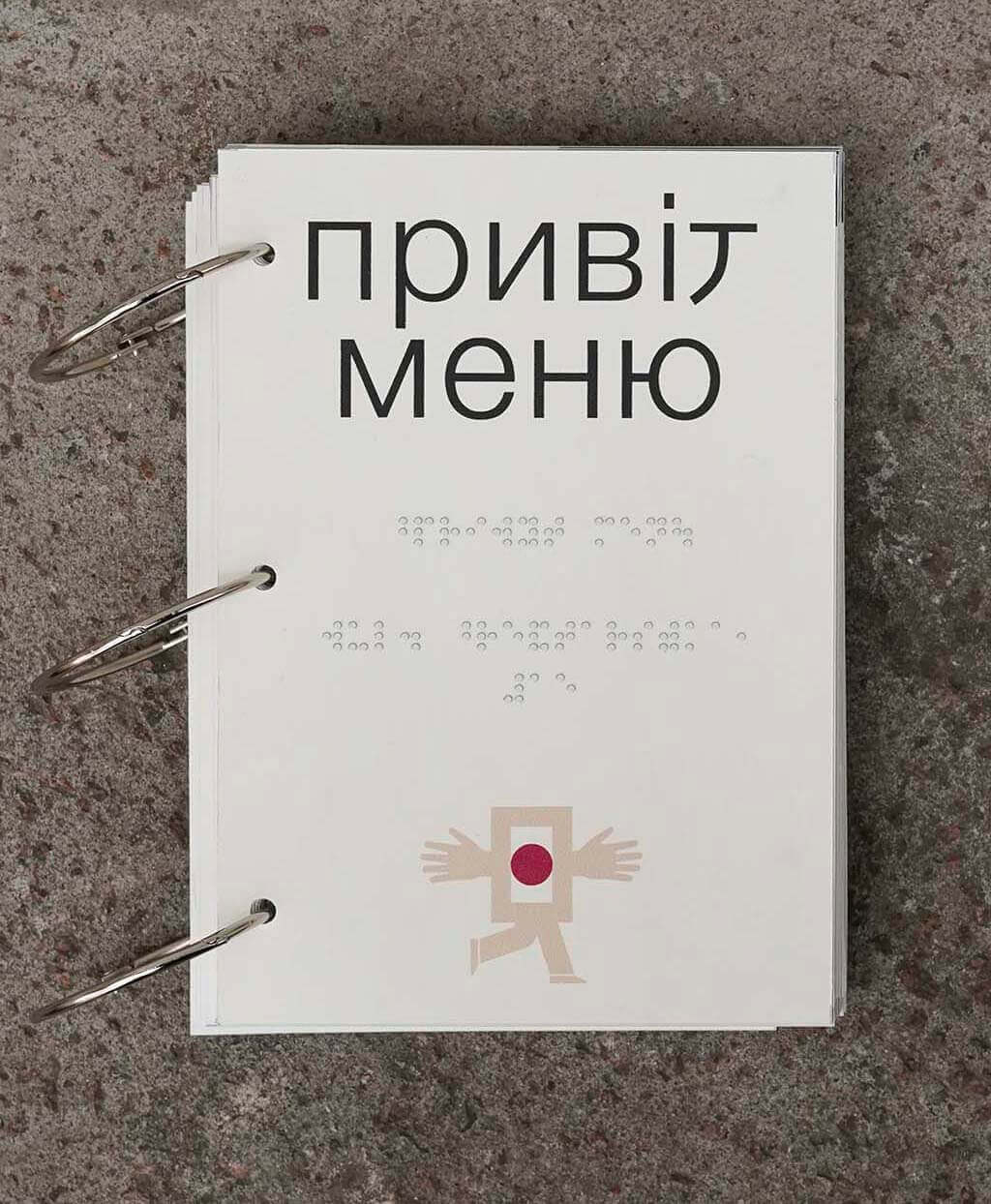
How to help a visually impaired person on the street or in a shelter
At a time when Ukraine is going through difficult times due to the war, help and support are becoming vital for many citizens. Among those who are particularly vulnerable in these circumstances are people with various forms of disability, including those with visual impairments: those with profound visual impairments (blind) and those with reduced vision (visually impaired).
In wartime, when every moment can be critical, having a support person nearby for a blind person can save lives. The process of “getting to know each other” is as follows: You approach the person from the front, stand a little to the left or right, call yourself by name, touch the person’s shoulder or forearm with the outside of your fingers (hand), find out their name, and clarify the necessary goals of going to the desired destination.
GENERAL RECOMMENDATIONS:
Accompanying people with profound visual impairments has its own peculiarities. Many people with visual impairments have a desire (need) to control the route, so the escort needs to comment (tell) about the objects located on the path of movement or stay, objects and the space around them; if necessary, about other people who are nearby.
It is also necessary to comment on each of your own actions that are part of the process of providing support (the procedure for passing a narrow passage, crossing to the other side (changing hands), overcoming escalator stairs, passing through doorways, getting on/off a vehicle, etc.) There is no need to invent any special terms, just use a normal style of communication and simple language phrases. The information provided should be clear, concise and understandable.
Terms to use: RIGHT, BEHIND, LEFT, RIGHT, LEFT FRONT, RIGHT BACK, etc. When using these terms, remember that they are provided based on the client’s position.
You can offer a blind person a way of presenting information based on the principle of the arrangement of clock hands (but you need to find out whether this method is understandable to the client). In this case, the presentation of information will (may) look like this:
“In relation to us, the escalator is at 12 o’clock, the entrance to the waiting room for persons with disabilities is at 9 o’clock, the entrance to the ticket office is at 3 o’clock, and the entrance/exit to the station building is at 6 o’clock.”
The escort should, if necessary, verbally describe the actions he/she performs, which are part of the escort technique. During the escort, you should choose the safest routes and the widest possible space for passage (if possible). You need to take into account the size of the accompanying person and their possible features (weight, possible secondary defects, such as impaired coordination, high/low blood pressure, shortness of breath); you need to take into account the presence of luggage, a client’s cane, a guide dog, etc.
During the escort, you should control the speed of movement; it should be convenient for a person with a visual impairment, and you should periodically ask if the person is satisfied with the speed of movement. Also, during the movement, the attendant should control the emotional and psychological state of the person; periodically ask if everything is fine, if the client feels comfortable.
MAIN GRIP
You are always half a step ahead of the person with a visual impairment. Your hand, which acts as the contact hand, is called the leading hand, and is bent at the elbow, while the other hand is called the free hand. The person holds the leading hand just above the elbow. The grip is as follows: the thumb on one side and all the other fingers of the client on the other. The person moves behind you, being on the side (left or right) of you.
In conclusion, we would like to emphasise the importance of building interaction with blind people on the basis of equality, kindness and respect. Communication with them should be no different from communication with any other person. Your attention and assistance can make their daily lives much easier and help them feel secure in this difficult time.



